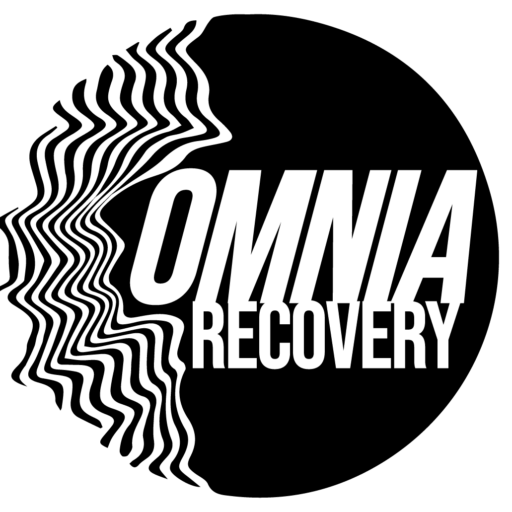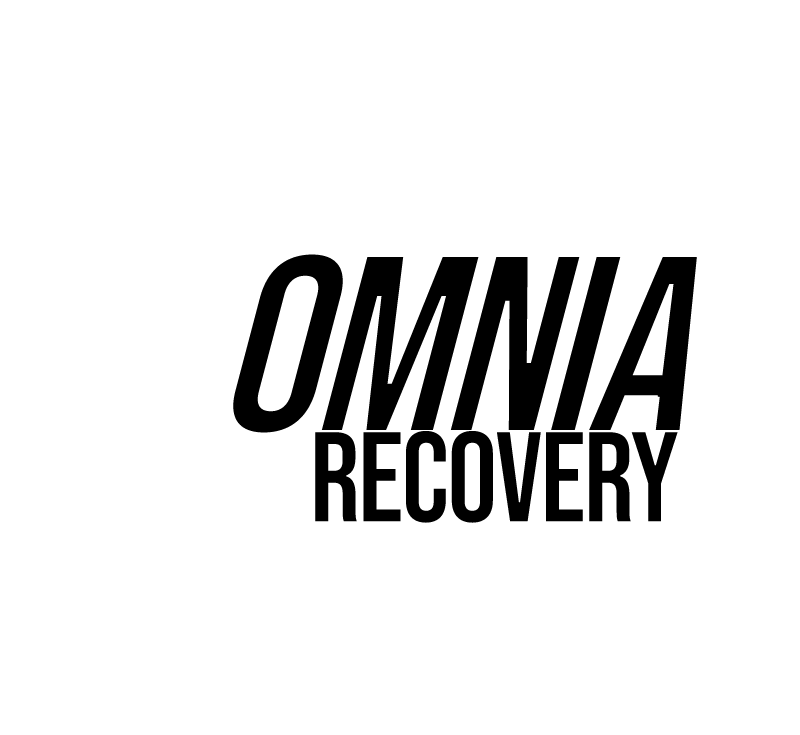Yoga, mindfulness, and meditation have long been recognized as powerful tools for promoting mental and physical well-being. As we celebrate the International Day of Yoga, it’s an opportune moment to explore their profound benefits in the context of behavioral health and recovery. At Omnia Recovery, we integrate these practices into our treatment approach to support individuals in achieving lasting wellness.
The Power of Yoga, Mindfulness, and Meditation
Yoga, mindfulness, and meditation are practices that focus on cultivating awareness, reducing stress, and enhancing overall well-being. These techniques have been scientifically proven to positively impact mental health in several ways:
Stress Reduction
Yoga and meditation help regulate the body’s stress response, reducing the production of stress hormones like cortisol and promoting relaxation. This can lead to:
- Decreased Anxiety: Regular practice of yoga and meditation has been shown to reduce symptoms of anxiety disorders by calming the nervous system and promoting a sense of inner peace.
- Improved Sleep: Lower levels of stress hormones can help individuals achieve better sleep quality, leading to improved overall well-being.
Emotional Regulation
Mindfulness practices teach individuals to observe their thoughts and emotions without judgment, leading to better emotional regulation and resilience. This includes:
- Managing Depression: Mindfulness-based therapies have been effective in reducing symptoms of depression by helping individuals develop a non-reactive awareness of their emotional states.
- Stress Resilience: By cultivating mindfulness, individuals can better manage stressors and bounce back from challenging situations with greater ease.
Improved Focus and Clarity
Meditation enhances cognitive function, including attention, memory, and decision-making abilities. This results in:
- Enhanced Concentration: Mindfulness meditation practices, such as focused attention and open monitoring, have been linked to improved concentration and sustained attention.
- Better Cognitive Flexibility: Meditation helps individuals become more adaptable in their thinking and problem-solving abilities, fostering greater cognitive flexibility.
Enhanced Self-Awareness
Yoga and mindfulness encourage self-reflection and self-awareness, which are crucial for personal growth and recovery. This involves:
- Self-Discovery: Through yoga and mindfulness practices, individuals develop a deeper understanding of their thoughts, emotions, and behaviors, leading to personal insight and growth.
- Increased Compassion: Self-awareness promotes compassion towards oneself and others, fostering healthier relationships and emotional well-being.
Physical Health Benefits
Yoga promotes physical fitness, flexibility, and strength, contributing to overall health and well-being. Physical health benefits include:
- Improved Cardiovascular Health: Yoga has been shown to lower blood pressure, improve heart rate variability, and enhance cardiac function.
- Enhanced Flexibility and Balance: Regular yoga practice increases flexibility and balance, reducing the risk of injuries and promoting overall physical stability.
Integrating Yoga and Meditation into Treatment
At Omnia Recovery, we believe in a holistic approach to behavioral health that incorporates evidence-based therapies with complementary practices like yoga and meditation. Our programs may include:
- Yoga Classes: Guided yoga sessions tailored to meet the physical and emotional needs of individuals in recovery.
- Mindfulness Meditation: Techniques to cultivate present-moment awareness, reduce stress, and enhance coping skills.
- Breathwork: Practices to regulate breathing patterns, promoting relaxation and stress reduction.
Benefits for Behavioral Health
- Reduced Relapse Rates: Studies have shown that incorporating mindfulness practices into addiction treatment can reduce relapse rates by helping individuals manage cravings and triggers.
- Improved Mental Health: Yoga and meditation are effective tools for managing symptoms of anxiety, depression, and PTSD.
- Enhanced Well-being: Practicing yoga and meditation can improve sleep quality, increase energy levels, and foster a sense of peace and contentment.
- Empowerment and Self-care: These practices empower individuals to take an active role in their recovery and prioritize self-care.
Celebrating International Day of Yoga
As we celebrate International Day of Yoga, we encourage everyone to explore the benefits of yoga, mindfulness, and meditation for their mental and physical health. Whether you’re new to these practices or a seasoned practitioner, taking time to connect with yourself and cultivate mindfulness can have profound effects on your well-being.
Omnia Recovery Supports Holistic Health Options For Your Well-Being
Yoga, mindfulness, and meditation are powerful tools that support behavioral health and recovery by reducing stress, improving emotional regulation, and enhancing overall well-being. At Omnia Recovery, we are committed to providing comprehensive and compassionate care that integrates these practices into our treatment approach.If you or someone you know is struggling with behavioral health treatment, consider exploring the benefits of yoga, mindfulness, and meditation as part of a holistic treatment plan. Together, we can support you on your journey to lasting wellness.




